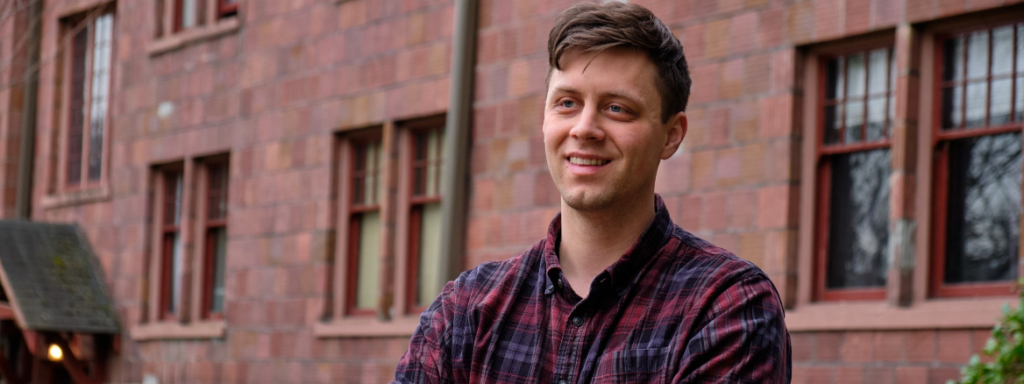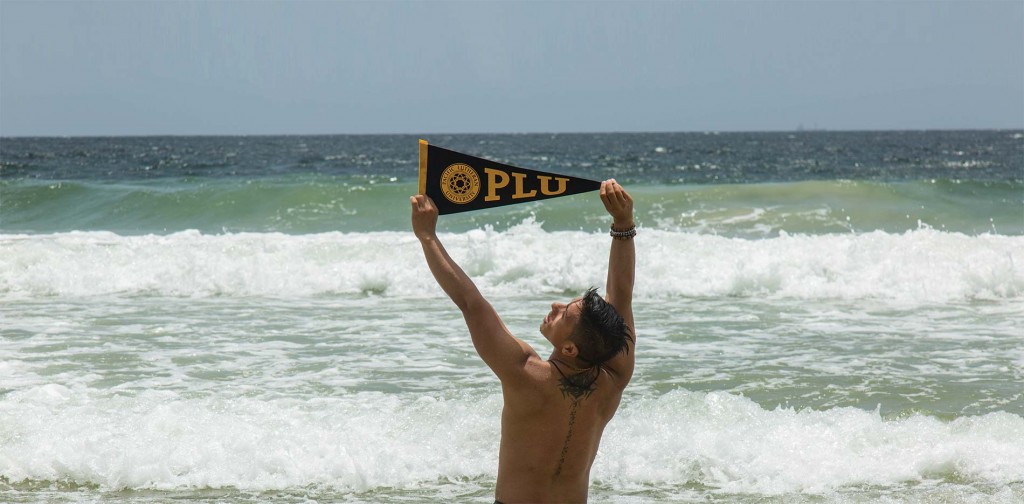Page 265 • (2,872 results in 0.032 seconds)
-

environmental organizing with Clean Water Action, I came home to Tacoma and got connected with Lutheran Community Services. It’s been a lot of learning and hopping around, but in all of these things, I can definitely see connections to what I studied at PLU. To me, at least, it’s a coherent kind of story. It seems that way to me as well, and it’s a really cool path you’ve carved for yourself. With that in mind, what are two pieces of advice you’d give current PLU students who are eager to jump into
-
provides an opportunity to begin the learning process that will extend throughout your education as a dental student and your career as a dentist. It is also important that you consider what you’ve learned during your time shadowing. When you complete your application, you will need to be prepared to discuss your experiences with dentistry in detail as well as communicate that information during your dental school interviews. Thus we recommend that you keep a journal throughout your undergraduate
-
care – for other people, for their communities and for the Earth. The values that have shaped this university – and this region – are vitally present in PLU today. I hope you will reflect on these values in the months ahead and incorporate their principles into your learning—and your actions. I’d like to delve a bit deeper into what we mean by “care for other people and for their communities.” I expect that all of you have left a community of love and support. But you will come to realize
-

—including critical thinking, writing, communication, mathematics, and technology—at more advanced levels of aptitude. Through civic engagement, knowledge and insight no longer exist in the life of the mind; they become coalesced in mindful and caring community involvement. By conjoining the academic knowledge and skills necessary to address community needs, students deepen and extend their learning. Additionally, individuals who are active volunteers have 27 percent higher odds of finding a job than
-
should be excluded from learning our language. It takes 10,000 people speaking a language to revive it. We need more people speaking Southern Lushootseed. And we need to connect with Indigenous peoples all over the world, people like the Sami, so we can learn from each other how best to revive and sustain languages in danger of disappearing.” PLU regularly incorporates the overall culture of a language’s region into language courses. In the class on Southern Lushootseed, culture is taught as
-

2013. (Photo courtesy of Plog) Bryanna Plog '10Sitting with her most recent travel book: ``Make sure you have a map``. (Photo courtesy of Plog) That’s partly what she says her life as a park ranger is like, living in a national park and learning about it on a more intimate level. “Just like studying abroad, how you always learn about the place you are living in,” she said, “I get to do that an entire summer or winter where I visit and grow to know about the places really well.” Plog’s love for the
-

out and turned it into a business. “I love learning new things about the environment,” he said. His work keeps life interesting — from going inside the magma chamber of an old volcano to documenting for several years how eagles fly. “There is so much about the world around me that I’ve learned and am continuing to learn,” Ebi said. The postage stamp was a new and different inquiry that Ebi initially thought wouldn’t actually come to fruition. Last July, he received an out-of-the-blue email from a
-

friends,” said Angie Hambrick, PLU’s associate vice president of diversity, justice and sustainability. “The trip aligned perfectly with the values of the Diversity Center — perspective taking, critical reflection, community, and care — and allowed us to fully and authentically engage with the people and culture of T&T and with each other.” The group began the trip by ranging all across Trinidad — touring the capital city of Port of Spain; learning the history of the islands’ colonial past; exploring
-

recommendations) include: Developing a cadre of ecumenical and interfaith partner chaplains who can assist in providing pastoral care for PLU’s diverse, multifaith community. Expanding, with these partners, the range of available opportunities to engage spirituality and worship. Developing partnerships with faculty and staff to provide learning opportunities around questions of identity, vocation, diversity, justice, sustainability and other topics relevant to PLU’s mission of educating students for lives of
-

PLU continues to be a powerful platform, a training and an equipping ground for forerunners who contend for the full release of true Justice in this nation.” How did you get to where you are? I was born and raised in Seoul, South Korea, until we immigrated to Portland when I was 13 years-old, seeking better educational and career opportunities. (At that time) I was consumed with learning the new language as well as adjusting to this new culture while my parents relentlessly worked 14 hour days to
Do you have any feedback for us? If so, feel free to use our Feedback Form.


